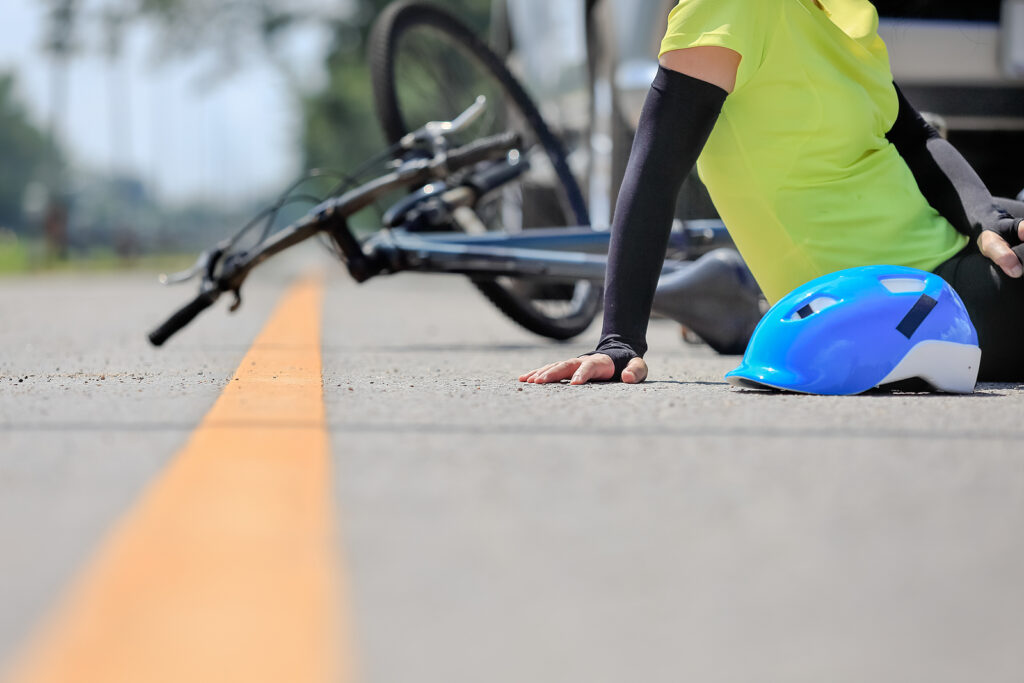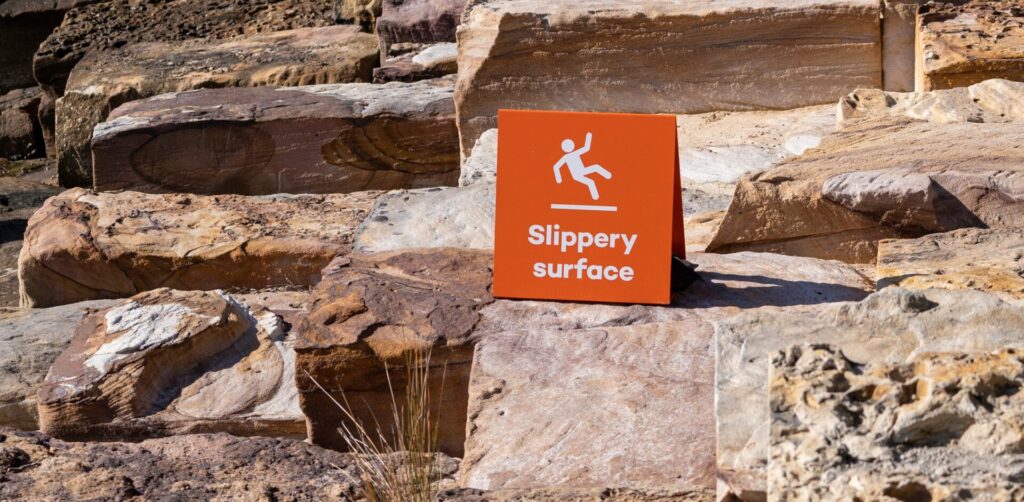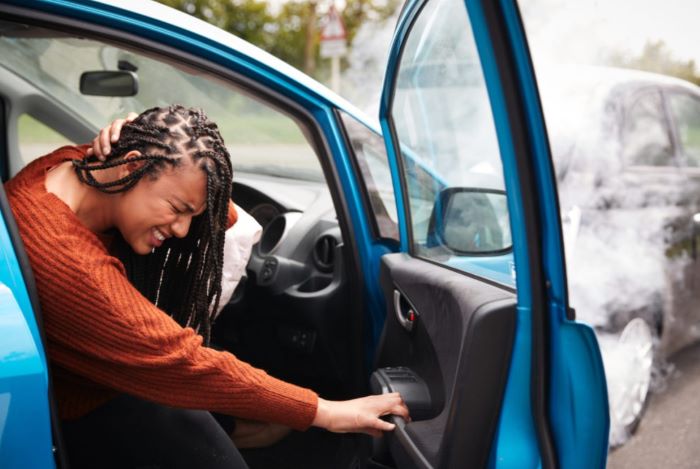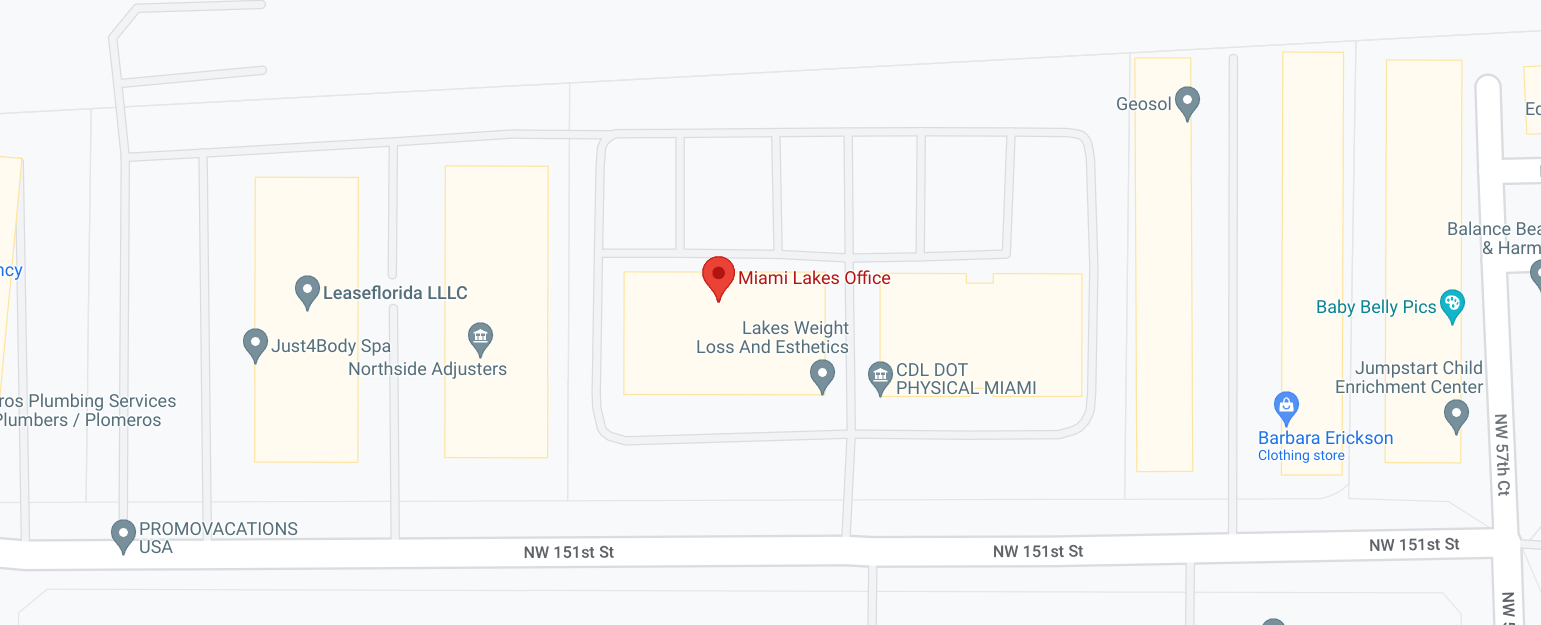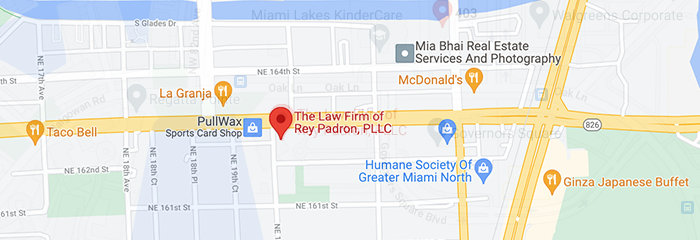The bustling streets of Miami are like a rollercoaster for drivers; it’s fun but can be quite unpredictable. As with any lively city, the heavy traffic and a steady stream of residents and tourists daily make street accidents quite common. Accidents can be overwhelming, if not stressful. While it’s never a situation you want to be in, knowing what to do will make all the difference. So, what to do immediately after a car accident in Miami? Here’s a step-by-step guide.
Stay Calm, Check Yourself
Stay calm, take a deep breath, and check yourself for injuries. The shock will be the first thing you will experience, but gathering yourself and staying calm is essential.
From here, take a moment to assess the situation, your condition, and the things around you. Make sure you and your passengers are okay. Move yourself out of harm’s way and find a safe place away from the traffic. If you are hurt, DO NOT move unless it is necessary.
About your car, DO NOT move it from the crash site unless it is causing a traffic restriction.
If your vehicle is in the middle of the road and you are blocking traffic, move it to the side of the road. Miami traffic is hectic, and leaving your vehicle in the middle of the road may cause more accidents for other motorists.
Dial 911
Call for help, dial 911 as soon as possible. Give the operator all the necessary details, especially your location. Use highway markers and landmarks to help the paramedics and police find you quickly. Also, state any possible injuries, even minor ones.
There is no need to explain to the operator who caused the traffic and why. Reporting road accidents is crucial in Florida. The state’s law requires you to report any accidents involving property damage, injuries, and death. Stay on the line until help arrives.
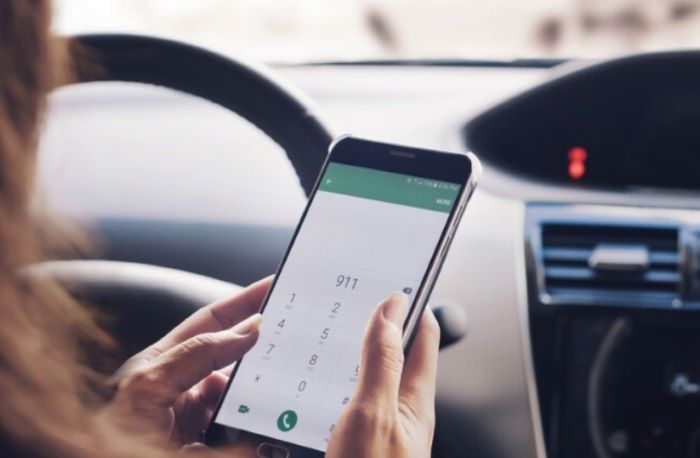
Exchange Information with The Other Driver
If the other driver in the accident stayed, exchanging information with them, such as vehicle and insurance details, is best. Write down the make, model, year, color, and license number of their vehicle. Get their complete name, address, and contact information.
Miami is a popular tourist destination, and many drivers involved in accidents are from out of town. Thus, getting their contact details and other information, such as their driver’s license and passport, will help your cause.
If the other driver doesn’t own the vehicle, get the vehicle owner’s information, including their complete name, address, and contact details. When the police arrive, get the names of the police officers, badge numbers, and their contact details.
Gather Evidence and Talk to Witnesses
While waiting for help (paramedics and police), document the scene. You can use your smartphone to document the accident. Record everything, take videos and photos to document the damages of all vehicles involved and their license plates, traffic signs, incident photos, and injuries, if any. Take different angles of the scene. Ensure to include all the damages, such as broken parts, dents, and scratches.
Document the direction you were coming from before the incident. Include other vital details, such as the color of the traffic light (was it green, yellow, or red?) and was the other driver swerving or speeding. Also, look for signs of DUI. Did you notice the other driver using a mobile phone before the accident? Record videos with audio; this will help paint a good picture of a person’s state. For example, slurred speech is a tell-tale sign of intoxication. If you are lucky, you may record the other driver admitting fault.
For hit-and-run cases, document everything you can remember about the other vehicle. Write the make and model, color, and plate number. Even minor details, like bumper stickers, decals, or noticeable dents, can help the police find the other vehicle.
If the accident happened on a busy street, the chances are there are people around who can be witnesses. Find a cooperative witness and ask them what they can recount about what happened. Use your smartphone to record a video. Also, get your witnesses’ full names and contact information. Your insurance company may ask them about your claim.
File a Report
You don’t need to report minor road mishaps, such as fender benders, to the police. However, for crash and hit-and-run cases, especially those that caused property and personal damages worth $500 or more, you must notify the police about the incident as soon as possible.
If you call 911, however, the 911 operator will notify the police.
The police report is crucial for hit-and-run crashes, collisions caused by negligence, or drunk driving.
Inform Your Insurance Provider
Contact your insurance company and inform them about your accident as soon as possible, regardless of who is at fault. This ensures they know about your situation and can guide you through the claims process. Insurance companies often have apps or hotlines for convenient accident reporting.
Provide all the necessary information, such as crash details, time, and location. They may also ask you for photos and videos of the accident scene and the police report. Stick to the facts and be honest.
Also, document all communication with your insurance company, such as phone calls, text messages, or emails.
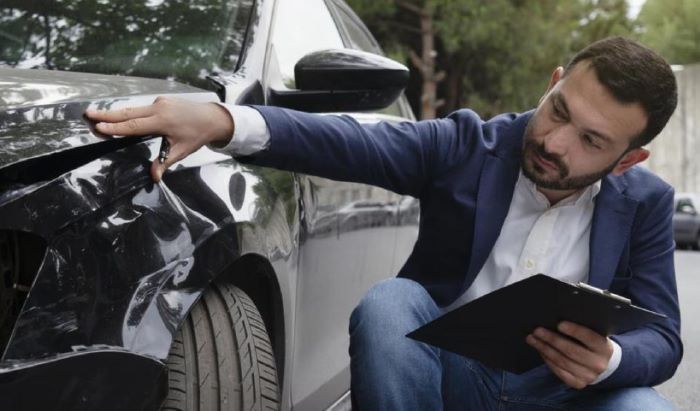
Seek Further Medical Help
Get yourself checked out, even if you feel okay. Injuries caused by car accidents, such as internal damage and whiplash, may not show symptoms immediately. Visit a doctor’s clinic and have yourself thoroughly checked by the doctors to ensure your health is okay. Get a medical record copy, which may help your insurance claim.
Contact Your Attorney
Aside from your insurance provider, you should contact an experienced car accident attorney in Miami. An attorney can provide legal guidance in handling these cases, ensuring your legal rights are protected and you get proper compensation if you’re not at fault. With the common occurrence of car accidents in Miami, talking to an expert attorney can protect you when on the road and give you peace of mind that you get the financial benefits you deserve.
Final Thoughts
The state of Florida operates a no-fault system. This means anyone involved in the road accident, regardless of who caused it, will be covered for their medical expenses and other damages, up to an extent. For serious injuries and substantial property damages that exceed insurance coverage limits, you can file a claim against the other (at-fault) party.
However, it is essential to know that you must have Personal Injury Protection (PIP) in Florida; this is where the police report comes in handy.
While not all accidents require lawyers, some do. For serious cases that involve disputes with the insurance company or liability issues, having a personal injury lawyer can help you navigate the complexities of the process. They can handle the negotiations on your behalf and help you get the right compensation that you deserve.





